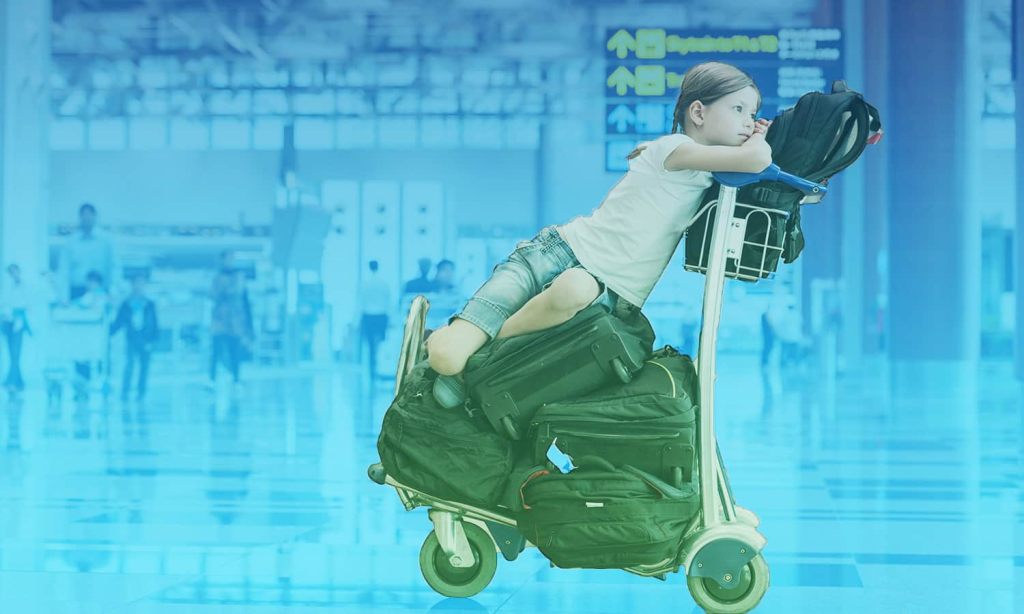With news that Prime Minister Scott Morrison is keen to open the borders as soon as possible and reunite Aussies with their families, Australians are buzzing to book international flights.
However, airlines are so far unable to sell tickets to meet the demand because of government confusion over the plans in place to open up.
Primarily, this hinges on the fact that governments around Australia are still wavering over incoming passenger limits, home quarantine, and vaccine passports.
During the pandemic, airlines have either stopped flying altogether or cut their services down to the bare minimum. In order to get back in the air, they require certainty and time — neither of which they are being provided with.
This has lead to airline representatives criticising Morrison’s scheduled Christmas opening as “naïve” and warning that flights will be running at a “fraction of pre-pandemic levels” when borders do finally open.
The federal government has indicated that the ban on Australians leaving the country will not be renewed on December 18 and NSW Premier Gladys Berejiklian has said that she hopes international arrivals will be able to bypass hotel quarantine by December.
Domestic airlines like Qantas have already jumped on the opportunity to promote sales and re-start their international routes, claiming that its plans are in alignment with those of the government.
Qantas chief executive Alan Joyce told 3AW Radio on Tuesday, September 28, that there was a “real prospect” of his airline restarting its international flights from mid-December as planned.
He noted, however, that this would depend on Australia’s home quarantine measures being in place by then.
The Board of Airline Representatives of Australia (BARA), which represents foreign airlines including Emirates, Etihad, and United, are much less optimistic.
“International airlines are currently sitting on a very large number of empty seats that they will not have the confidence or ability to sell … because they don’t know what the arrangements are,” said Barry Abrams, executive director of BARA.
“They’re holding back, waiting for clarity from government on those key issues to be resolved.“
Abrams said the biggest issue facing airlines is how to manage unvaccinated arrivals if travel caps will be in place for these people. Airline booking systems are not designed to allocate seats based on vaccination status so there is a risk that unvaccinated travellers may simply be blocked from flying.
The same issue applies to those who have had vaccines overseas which are not recognised in Australia.
Clarity over vaccine passports is also needed as it’s still uncertain exactly how they’re going to work. Given there is no international vaccine certificate, it’s going to be very difficult for overseas passengers to prove to the Australian government that they have been jabbed and some may end up having to quarantine even if they’ve got the vaccine.
Another issue is the fact that that getting out of the country isn’t a huge problem, it’s returning that could be difficult. We could be faced with a situation where Aussies become stranded in lay-over sites like Singapore if the caps restrict them from entering back into the country.
Abrams also pointed out that processing passengers is going to be a big challenge when the borders open. Current procedures take about 10-20 minutes per passenger to ensure all the correct documentation and health checks are in place.
“When the first plane was to arrive with say 200 passengers, it’ll take 10 hours to clear that one flight,” Abrams said.
One airline source told The Guardian that “people are awestruck and everyone is so excited to go overseas again and thinks they’ll be going anywhere they want in 2022 — but that is just so naive”.
Read more stories from The Latch and subscribe to our email newsletter.







